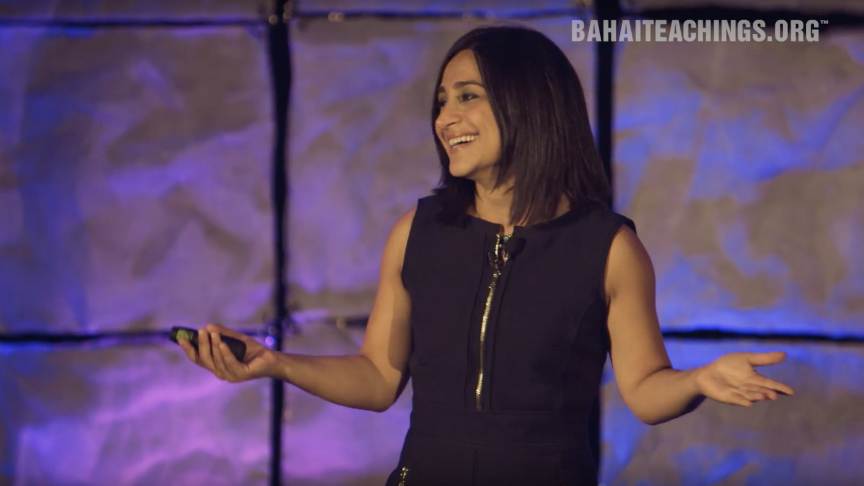In an era where the digital landscape burgeons with the incessant click of likes, the Baha’i teachings present a nuanced perspective on the nature of love and connection. The aphorism “A Million Likes Don’t Manifest Love” invites contemplation on the superficiality often inherent in social media interaction. Through the Baha’i lens, love transcends ephemeral digital applause; it embodies a profound and eternal commitment to the well-being of oneself and others.
First, it is essential to establish the distinction between mere social media validation and authentic relationships. Baha’u’llah, the founder of the Baha’i Faith, profoundly articulated that love constitutes “the most great gift” bestowed upon humanity. In harmonious interactions, love manifests genuine empathy, respect, and the deep-seated desire for others’ happiness. Unlike the fleeting satisfaction derived from digital endorsements, true love necessitates an intentional cultivation of relationships grounded in sincerity and authenticity.
The rapid rise of social media platforms epitomizes a collective yearning for connection. However, this quest often devolves into a cacophony of superficial engagements. The allure of accumulating likes can distort our understanding of fulfillment, revamping it into a numeric valuation of worth. Baha’i teachings encourage followers to elevate their consciousness and prioritize meaningful communion over quantifiable metrics. In the digital arena, this philosophy invites individuals to deliberate on how they can foster uplifting and constructive dialogues, rather than being ensnared by the seductive call of virtual affirmation.
The metaphor of a tree most aptly illustrates this dynamic. Each like on a social media post is akin to a solitary apple hanging from a branch—its appearance might entice, but the essence of the tree lies in its roots and the interconnectedness of its entire structure. A tree thrives through nourishment from the soil, water, and sunlight. In contrast, social media engagement—while it may temporarily satiate the thirst for recognition—does not provide the foundational sustenance necessary for growth. Just as a tree’s longevity hinges on its unseen aspects, so too does genuine love cultivate quietly beneath the surface, nourished by trust and understanding.
Furthermore, the Baha’i Faith prompts believers to strive for fidelity in their interactions—both with themselves and with others. In a world saturated with digital personas, authenticity becomes a rare commodity. The constant comparison to curated graphics and lifestyle portrayals can erode self-esteem and breed resentment. The teachings advocate for self-acceptance and a recognition of inherent worth independent of external validation. This understanding enhances one’s capacity to extend true love to others, liberating individuals from the shackles of societal expectations and superficial judgments.
Moreover, critical engagement with digital content is pivotal in the formation of a sound character. Social media may act as a double-edged sword, providing both a platform for spreading love and a vehicle for misinformation. The Baha’i principles of justice and truth compel followers to scrutinize the information consumed and disseminated within these spaces. By embodying principles of integrity, individuals transcend divisive rhetoric and instead contribute to a congratulatory environment, epitomizing the values espoused by Baha’u’llah.
Discerning the essence of communication within the digital realm also involves understanding the impact of tone and intention. Digital text can often obscure emotional depth due to the absence of non-verbal cues. Therefore, the Baha’i teaching emphasizing the power of words becomes even more critical. As “Words are the most great means” of connecting souls, articulating thoughts in a compassionate and constructive manner becomes paramount. The exploration of language that uplifts rather than negates aligns with the Baha’i ideal of fostering unity within diversity.
In addition, the concept of service—a cornerstone of Baha’i belief—offers a pathway to ensuring that social media can be a conduit for love rather than an agent of division. By using these platforms to highlight noble causes, share uplifting stories, and support marginalized voices, individuals can transform their digital presence from one that mirrors a popularity contest into a genuine sphere of influence aimed at betterment. Service fosters the spirit of altruism, anchoring oneself in a community where collective progression is prioritized.
Finally, as we navigate this tempestuous sea of social media, the Baha’i perspective invites a conscious analogy to the currents of life. Love, much like the ocean, ebbs and flows but remains an omnipresent force. While social media can echo the waves, it should not be mistaken for the ocean itself. The quest for meaningful connections, both in the physical and digital realms, necessitates a commitment to sincerity, authenticity, and purposeful engagement. Baha’i doctrines remind individuals that love is not defined by the quantifiable but by the qualitative depth of relationships forged in the spirit of unity and service.
In summation, the ethos of the Baha’i Faith regarding social media extends far beyond the confines of likes and shares, advocating instead for a transformative approach to digital interaction. It compels individuals to curate genuine bonds, discern truth, articulate compassion, and serve humanity. Ultimately, it champions a love that resonates deeply beneath the surface, illuminating the pathways to authentic connection in an increasingly digitized society.
